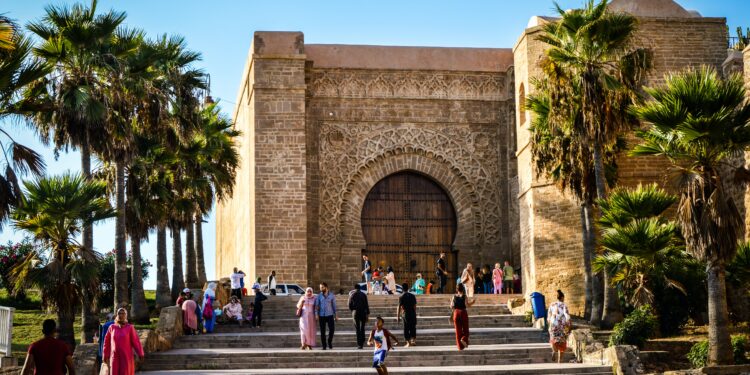In a significant move aimed at reforming the cannabis sector, Morocco’s King Mohammed VI has granted pardons to nearly 5,000 individuals convicted or wanted on charges related to illegal cannabis cultivation, according to a statement released by the Justice Ministry on Monday. The decision marks a pivotal step in Morocco’s ongoing efforts to transition from illicit to regulated cannabis production.
Morocco, recognized as one of the world’s leading cannabis producers, has allowed the cultivation, export, and use of the plant for medicinal and industrial purposes since 2021. However, the recreational use of cannabis remains illegal in the country. The royal pardon, according to Mohammed El Guerrouj, head of the Moroccan cannabis regulatory body ANRAC, is intended to encourage farmers to engage in legal cannabis cultivation. This shift, Guerrouj noted, is crucial for improving the economic situation of farmers and enhancing their living conditions.
The impact of the 2021 legalization is already being felt. In 2023, Morocco recorded its first legal cannabis harvest, amounting to 294 metric tons. The country also reported legal exports of 225 kilograms of cannabis, with expectations for higher figures this year. The increase is driven by a rise in the number of farming permits and ANRAC’s approval for cultivating the indigenous cannabis strain known as Beldia.
Cannabis cultivation has long been a cornerstone of the economy in northern Morocco, where nearly a million people rely on it as their primary source of income. For generations, cannabis has been grown and consumed publicly, often mixed with tobacco and smoked in traditional long-stemmed pipes. The legalization in 2021 was a strategic move aimed at improving the livelihoods of farmers and shielding them from the influence of drug traffickers who have historically controlled the illegal cannabis trade.
As part of its strategy to capitalize on the growing global demand for legal cannabis, Morocco issued 54 export permits last year. The pardons and ongoing regulatory efforts highlight the country’s commitment to establishing a robust and legal cannabis industry.
Read the whole article here.













